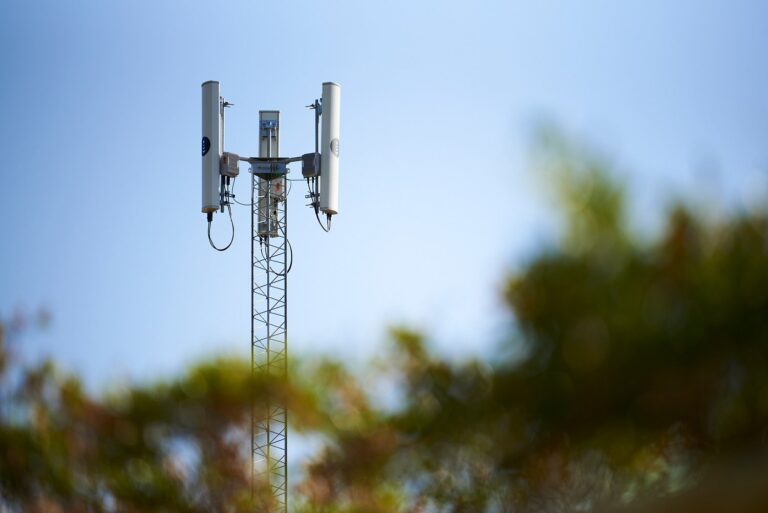The National Defense Authorization Act (NDAA) for fiscal year 2024 includes provisions for military installations of private networks based on open radio access networks (RANs), which is a positive development for open RANs and for Dish in particular.
The new NDAA language requires the Department of Defense (DoD) to develop a strategy for deploying private wireless networks based on open RAN architectures on military installations, and authorizes $179,278,000 for research, development, test, and evaluation of “next-generation information and communications technologies (5G).”
“This is a positive development for national security and the future of wireless technology,” Dish vice president of external and legislative affairs Jeff Blum said in a statement. “We look forward to working with the Department of Defense to implement these regulations and provide the security and interoperability of O-RAN networks to military personnel around the world.”
Both the House and Senate have passed an $886.3 billion defense policy bill, which is expected to be signed by President Biden.
While much of the talk around open RAN these days has been about AT&T selecting Ericsson to lead that effort, Dish is building its 5G network from the ground up based on open RAN principles, with the Department of Defense in its sights.
Dish sister company Hughes Network Systems recently received a high-profile $18 million contract from the Department of Defense to deploy a standalone 5G network at Naval Air Station Whidbey Island in Washington state.
Earlier this year, Dish Chairman Charlie Ergen attended a ribbon-cutting ceremony in Whidbey Island to celebrate the company’s 5G private wireless open RAN network. Working with Hughes Network Systems, a subsidiary of EchoStar, the network combines Dish’s spectrum holdings with Hughes’ satellite internet connectivity and network security management capabilities to deliver 5G private networks and edge clouds.
Dish + Echostar
Dish’s next challenge is to pull off its merger with EchoStar, which executives have said they expect to close by the end of the year.
Dish and EchoStar announced a merger agreement on Aug. 8 that would essentially recombine the two companies, which were separated in 2008. The companies amended the agreement on Oct. 2, and if all regulatory approvals are received, Dish will become a wholly owned subsidiary of EchoStar.
The FCC issued a public notice approving the transaction last week, stating that there would be no substantial change in ownership or control as Argen would own more than 90 percent of the voting stock and approximately 54 percent of the equity of the recombined company and would continue to control the licenses and permits at issue.


